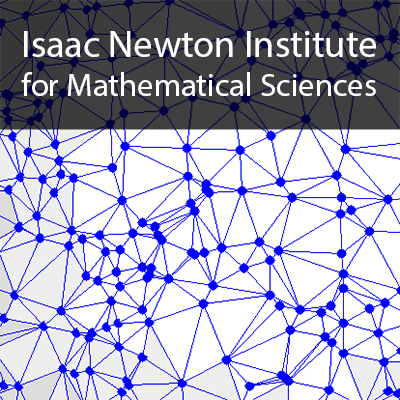Applying network science to political problems. A conceptual and analytical framework for understanding and predicting corruption risks in business-political networks
22 mins 18 secs,
85.33 MB,
iPod Video
480x270,
29.97 fps,
44100 Hz,
522.46 kbits/sec
Share this media item:
Embed this media item:
Embed this media item:
About this item

| Description: |
Fierascu, S I (Central European University)
Friday 26th August 2016 - 10:20 to 10:40 |
|---|
| Created: | 2016-08-31 16:58 |
|---|---|
| Collection: | Theoretical Foundations for Statistical Network Analysis |
| Publisher: | Isaac Newton Institute |
| Copyright: | Fierascu, S I |
| Language: | eng (English) |
| Distribution: |
World
|
| Explicit content: | No |
| Aspect Ratio: | 16:9 |
| Screencast: | No |
| Bumper: | UCS Default |
| Trailer: | UCS Default |
| Abstract: | This short talk is a summary of my in-progress PhD dissertation, “The Network Phenomenon of State Capture. Network Dynamics, Unintended Consequences, and Political-Business Elite Relations in Hungary.” The thesis comes as a critique to the typical conceptual and methodological approaches in political science to studying institutionalized grand corruption. It proposes a novel conceptual and analytical framework, rooted in network theory and using network scientific research designs and methods, to better understand the complex case of a successful post-communist democracy turning hybrid regime - Hungary. To this end, I analyze the formation, evolution, and development of different types of business-political elite and organizational networks, and their effects on the quality of the state and the market, from the beginning of the democratic regime until today’s illiberal democracy. Using two large empirical datasets - interlocking directorates (business-political elite and organizational networks, 1990-2010) and corruption risks in issuer-winner public procurement networks (2009-2012), I model these multi-mode, dynamic, and projected networks using statistical methods for network data (e.g., comparisons to random models, motif detection, ergms) and machine learning algorithms (e.g., regression trees, random forests). In this presentation, I will showcase some of the main findings and future research plans. The study is part of a broader research agenda - building a robust conceptual and (network) analytical framework for a large cross-country analysis of corruption risks in public procurement, with data-driven and evidence-based policy recommendations. I will end the talk with highlighting some of the successes, challenges, and questions I have encountered in applying network science to better understand political problems. |
|---|---|
Available Formats
| Format | Quality | Bitrate | Size | |||
|---|---|---|---|---|---|---|
| MPEG-4 Video | 640x360 | 1.94 Mbits/sec | 324.60 MB | View | Download | |
| WebM | 640x360 | 797.22 kbits/sec | 130.31 MB | View | Download | |
| iPod Video * | 480x270 | 522.46 kbits/sec | 85.33 MB | View | Download | |
| MP3 | 44100 Hz | 249.85 kbits/sec | 40.84 MB | Listen | Download | |
| Auto | (Allows browser to choose a format it supports) | |||||

